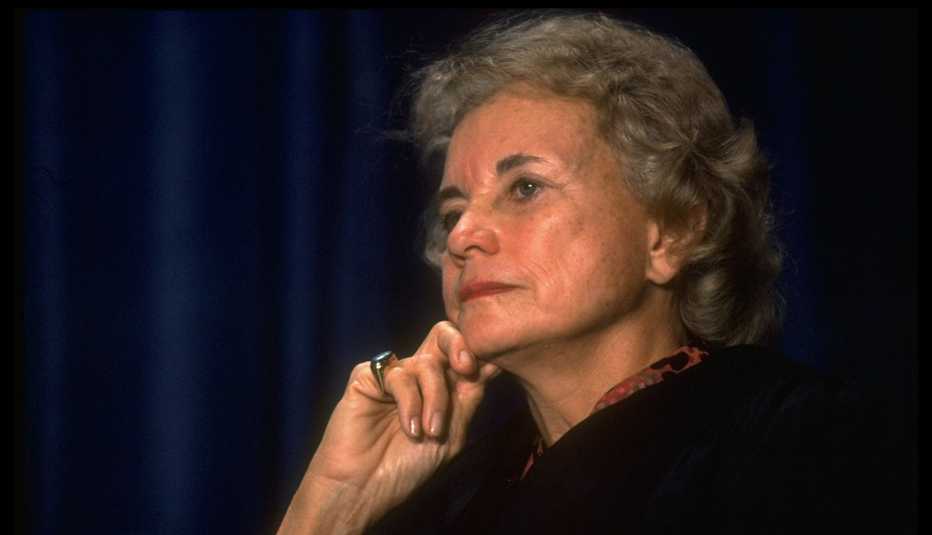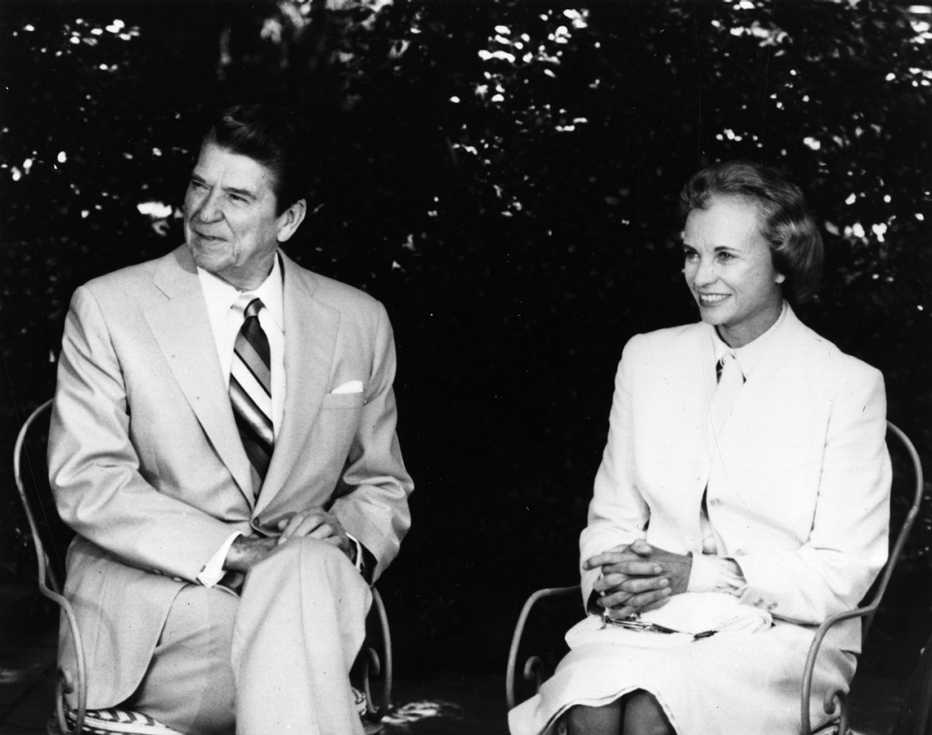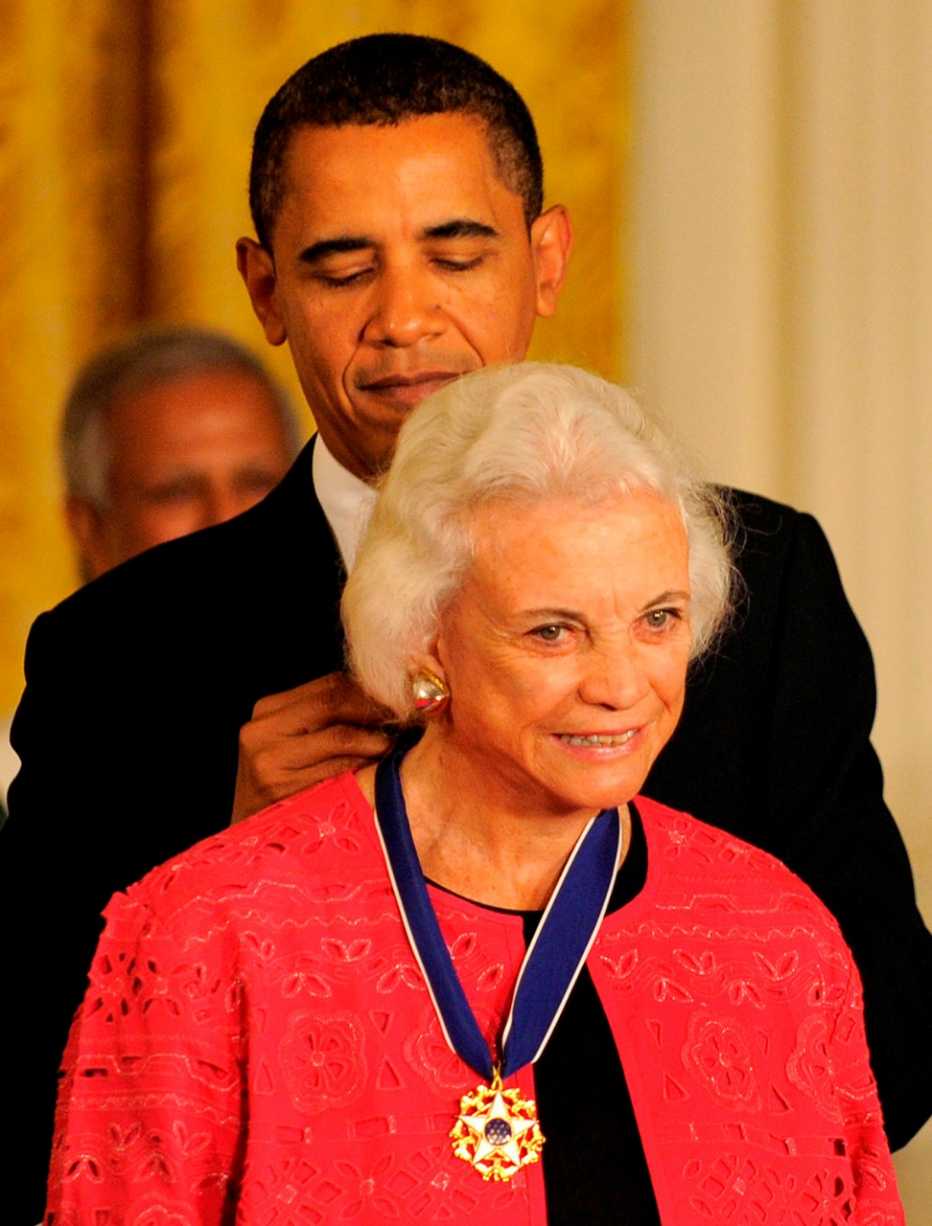AARP Hearing Center


Sandra Day O’Connor learned a useful lesson as a young girl growing up in Arizona and hearing her father speak harshly to her mother after a few drinks in the evening. “What Sandra observed that was so valuable to her was that her mom did not take the bait,” her biographer, Evan Thomas, has said. “She learned how to roll with it.”
In 1970, when O’Connor was elected to the male-dominated Arizona state Senate, sexual harassment was an accepted practice. O’Connor, never an arch-feminist, picked her battles. Within two years, she was elected majority leader, the only woman to hold the office in any state.
O’Connor, who went on to become the first female associate justice of the Supreme Court, died Dec. 1 in Phoenix, Arizona of “complications related to advanced dementia, probably Alzheimer’s, and a respiratory illness,” the Supreme Court said in a statement. She was 93.
In 2018, O’Connor announced that she was in the “beginning stages of dementia, probably Alzheimer’s disease,” which had taken her husband, lawyer John Jay O’Connor III, in 2009. She had survived breast cancer, for which she underwent surgery in 1988.
At the height of her 24-year tenure on the court, O’Connor was considered the most powerful woman in America. She was so known for her votes and stances on states’ rights, affirmative action, national security and abortion that conservative voices floated her name for president. But she had no interest in leaving the Supreme Court.
“For both men and women, the first step in getting power is to become visible to others, and then to put on an impressive show,” she once said. “As women achieve power, the barriers will fall. As society sees what women can do, as women see what women can do, there will be more women out there doing things, and we’ll all be better off for it.”
Born on March 26, 1930, in El Paso, Texas, she grew up near Duncan, Arizona, on her parents’ cattle ranch, the second-largest in the state at 160,000 acres, which is about one-fifth the size of Rhode Island. (It was “like our own country,” she said years later.)





































































More From AARP
Looking Back at the Life of Henry Kissinger
The iconic diplomat shaped world policies under two presidents
Remembering Former First Lady Rosalynn Carter
A dedicated humanitarian, she was the first first lady to have an office and staff in the White House
Recommended for You